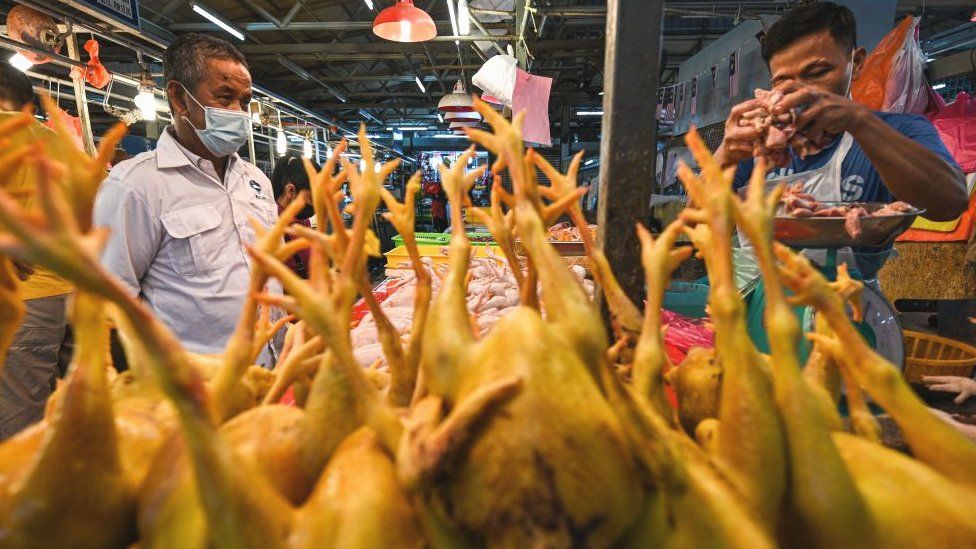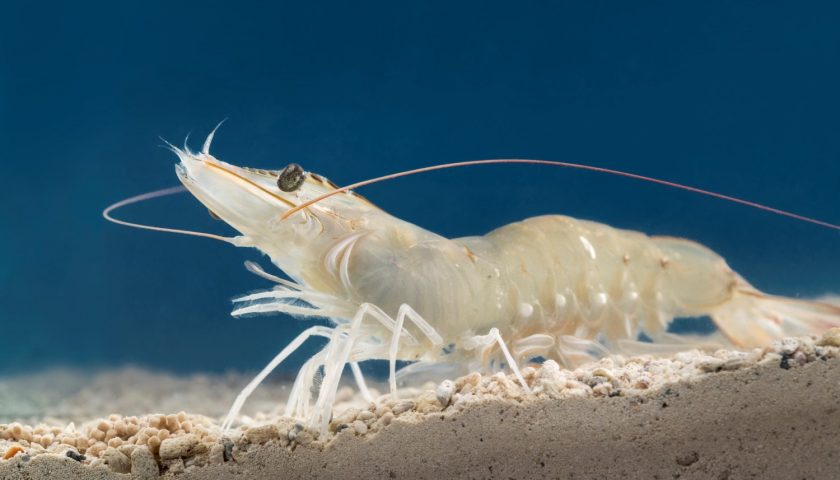The South African Association of Meat Importers and Exporters says that creating a robust, successful poultry export market for South African chicken would bring material value to the entire value chain, from local producers and their shareholders, to medium and small scale farmers, exporters, processors, and consumers. They said that the country is missing a massive opportunity because it does not meet the health and safety standards required by trade blocks such as the EU.
“In 2019, all parties, including the local industry, importers and Government, signed and agreed to a Poultry Master Plan. One of the key requirements of the Plan is for the South African poultry industry to grow the export of local products. While there is enormous opportunity to do so, there is very little progress in this regard.” said Paul Matthew, CEO of AMIE.
In order for South Africa to export poultry to the global market, there is a checklist of items which the country and its poultry sector needs to urgently tackle. This includes: gaining access to countries with whom South Africa has preferential trade agreements; meeting the international health and safety standards and requirements of countries to which South Africa will export; and for local producers to reorientate their operations to extract value from certain poultry cuts in markets that will pay a premium for them. AMIE said it intends to establish a dedicated export task group to facilitate access to export markets and provide processing capacity for cooked poultry products that are especially desirable in the EU.
South Africa does export many agricultural products successfully, notably citrus which, like chicken, needs to meet the health and safety standards set by export markets. Nonetheless, in 2021, South Africa exported 1.5 million tonnes of citrus, fetching R15.9 billion in export value. Conversely, the country currently exports a mere 26,000 tonnes of chicken per year (1.8% of citrus’ market), with an export value of R622 million (3.9% of citrus’ value).





